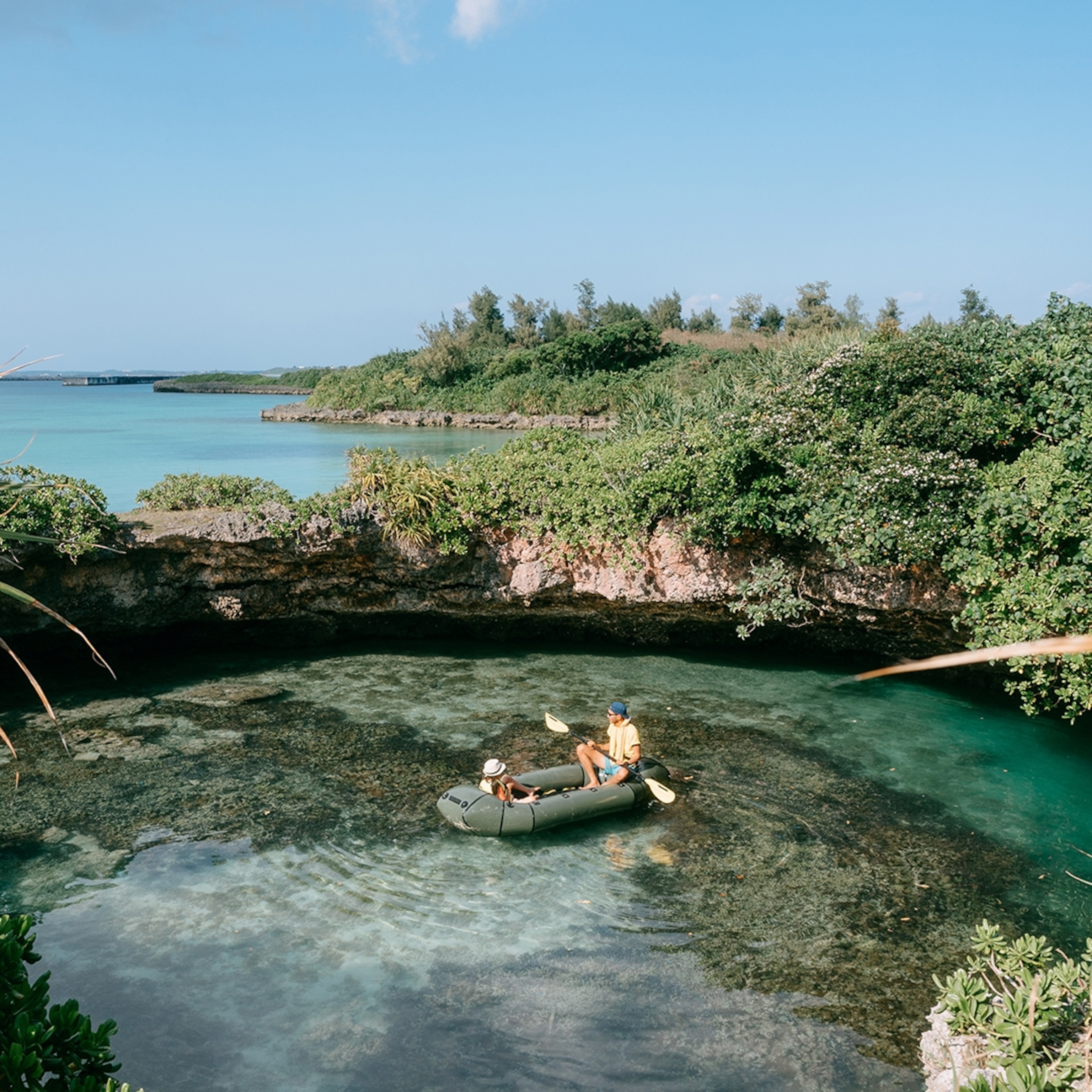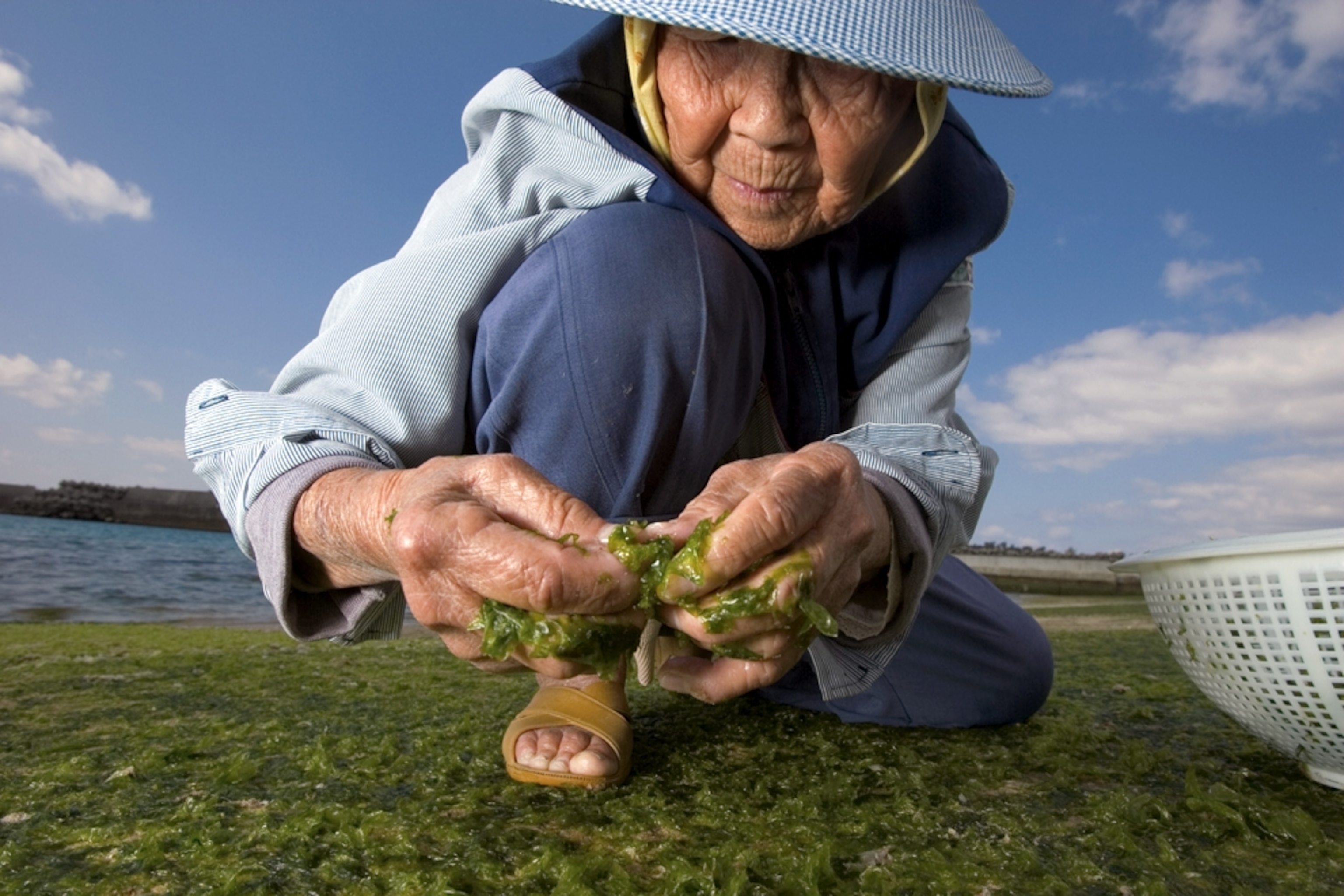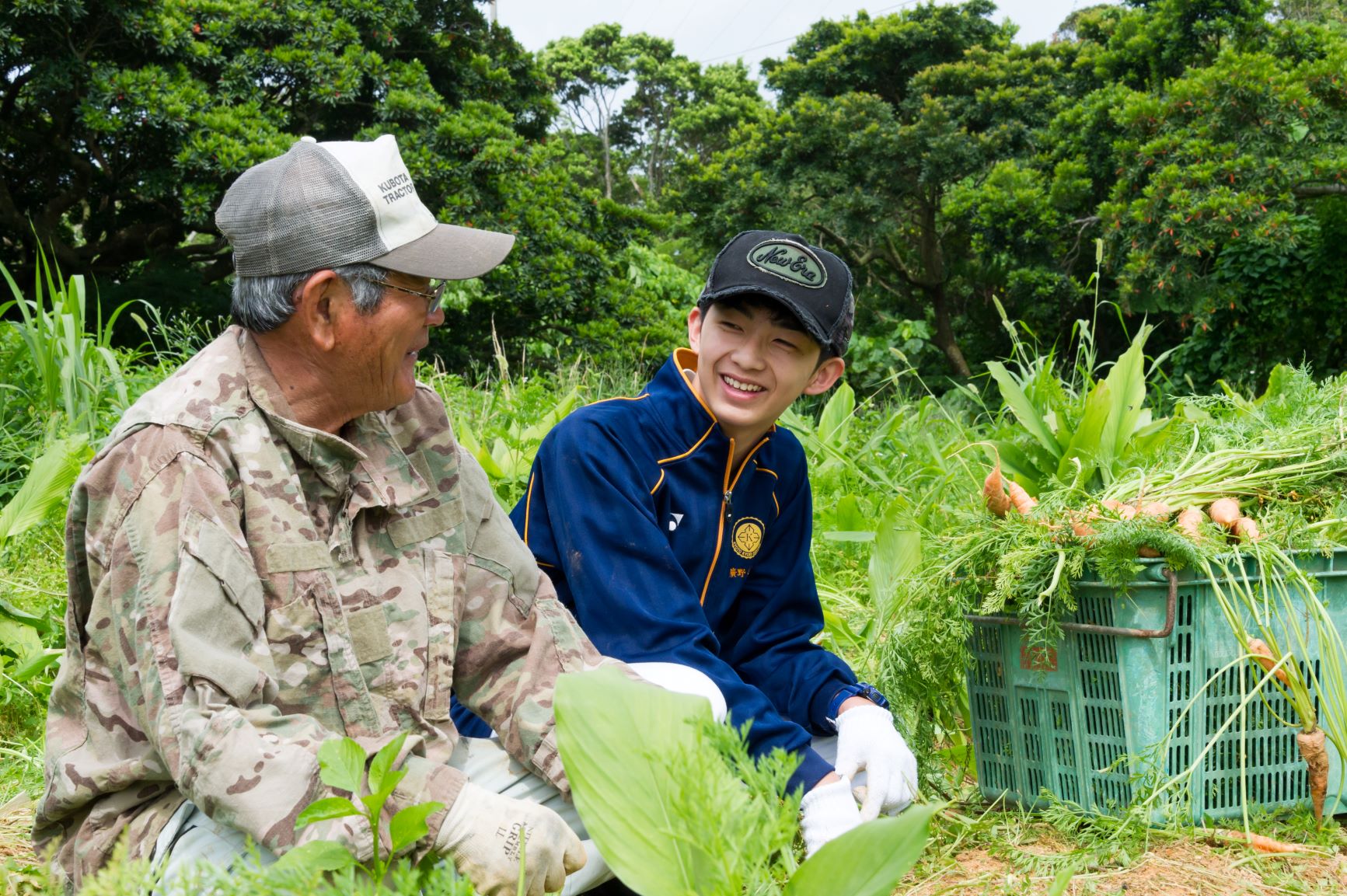In an age where “longevity travel” is the latest buzzword and people worldwide are fascinated by extending their lifespans through high-tech interventions, a more natural and timeless approach is gaining significant traction. This emerging trend directs our gaze towards the “Blue Zones”—a handful of unique places across the globe where people not only live remarkably long lives but do so with exceptional health and vitality, often well past 100, without reliance on advanced science or technology. This article delves into the wisdom gleaned from these extraordinary communities, exploring the simple yet profound lifestyle factors that contribute to their longevity and how travelers can incorporate these timeless principles into their own lives.
The Original Blue Zones: A Glimpse into Longevity Hotspots
Deep in the subtropical south of Japan, far from the mainland, lies the idyllic island of Okinawa. Embraced by pristine beaches and characterized by a slow-paced lifestyle, Okinawa is home to a community of islanders who offer invaluable lessons on living well. It is one of the five original “Blue Zone” destinations—geographically defined areas identified by researchers Gianni Pes and Michel Poulain, and popularized by National Geographic Explorer Dan Buettner, where people live exceptionally long and healthy lives. The other four original Blue Zones are:
- The tiny Aegean Island of Ikaria, Greece
- The Nicoya Peninsula in Costa Rica
- The Southern Californian community of Loma Linda, USA
- Sardinia’s mountainous eastern provinces in Italy
Dan Buettner’s extensive research into these areas, conducted in the early 2000s, revealed that there isn’t a single “secret” to longevity. Instead, it’s a synergistic combination of several key lifestyle factors that are naturally integrated into the daily lives of these communities. These include: natural, regular physical activity (like walking and gardening), a predominantly plant-based diet, strong social connections, a sense of purpose, effective stress reduction, moderate calorie intake (often following the “80% full” rule), moderate alcohol consumption (especially wine with friends/food), and strong family and faith-based community ties. The remarkable aspect is that people in these zones don’t typically spend money on gym memberships or expensive superfood smoothies; their healthy habits are woven into their environment and daily routines.
Longevity Travel: Immersive Retreats and Local Wisdom
Inspired by these powerful insights, Dan Buettner partnered with wellness expert Céline Vadam to create a series of health retreats across the globe, from Costa Rica to Thailand. These world-class wellness centers are designed to educate travelers about the Blue Zone lifestyle, encouraging them to slow down, prioritize their health, and adopt new, sustainable habits.

“The retreats show guests that having a healthy, longevity-driven lifestyle doesn’t have to be complicated, expensive or difficult to set up or integrate,” says Céline Vadam. “No matter our current situation and environment, there are things that we can do to help improve our overall wellbeing.” Each retreat is thoughtfully designed to reflect the culture of its host location, immersing guests in educational workshops, cooking classes focused on plant-based foods, and movement and mindfulness sessions. A key highlight is the opportunity to visit local villages, allowing travelers to witness Blue Zone living firsthand and interact with residents for whom these life-enhancing practices come as naturally as breathing.
Recently, Céline hosted a retreat at the beachside Andaz Costa Rica on the Papagayo Peninsula, where participants engaged in discussions on fostering relationships, breathwork ceremonies, and slow forest strolls. Future retreats are planned for Koh Samui in May and Okinawa in October, offering further opportunities to connect with like-minded individuals and draw inspiration from these long-lived communities.
Learning from the Locals: Okinawa and Ikaria in Focus
Beyond organized retreats, travelers can craft their own exploratory trips to the Blue Zone regions, gaining firsthand insights into these unique lifestyles. Spending a few days in Okinawa while exploring Japan, for instance, reveals a place where chronic illnesses like heart disease and dementia are remarkably low.

Diet plays a colossal role in the longevity of Okinawan residents. Their meals are largely plant-based, with the beni imo (Okinawan purple sweet potato) taking a starring role. This unassuming vegetable is a powerhouse of potent antioxidants called anthocyanins, responsible for its vibrant color. Jo Davey, author of Bradt’s guidebook to Okinawa & Japan’s Southwest Islands, highlights its ubiquity: “You’ll find purple-colored everything in Okinawa. Those potatoes are put in stews, in desserts, in ice creams.” Beyond diet, Okinawans engage in natural movement, often walking due to less extensive public transport, and benefit from strong social support systems known as moai. These are small, lifelong groups of individuals who share commonalities and provide mutual support, forming the backbone of Okinawan life and contributing to a widespread sense of fulfillment and camaraderie.

Closer to Europe, the Greek island of Ikaria offers another fascinating Blue Zone experience. Located in the eastern Aegean, Ikaria boasts one of the world’s highest life expectancies, with an astonishing one in three residents reportedly living past 90. Here, travelers can embrace a slower, more mindful pace of life. Ikarians famously have a unique relationship with time, often not wearing watches. “We don’t stress,” says Thea Pakiros, who runs a B&B in Nas, Ikaria. “Live in the moment — that’s the most important thing.”
Similar to Okinawa, diet is crucial to Ikarian longevity. Food is almost always locally grown, foraged, and fresh, with most locals tending their own gardens. Wine is consumed in moderation, typically with food and in good company. Ikarians also benefit from an incredibly strong sense of community, fostering robust social connections and support networks. “We help each other out,” explains Thea, noting that it’s difficult to feel lonely on an island where everyone looks out for one another.
Ultimately, the secret to longevity, as demonstrated by the Blue Zones, may be simpler than we often imagine. Dan Buettner advises: “Don’t try to change your behaviour, change your ecosystem.” By prioritizing plant-based foods, natural movement, quality sleep, mental engagement, and crucially, making time for self and strong social connections, we can all potentially unlock the benefits of Blue Zone living, no matter where we are in the world.




